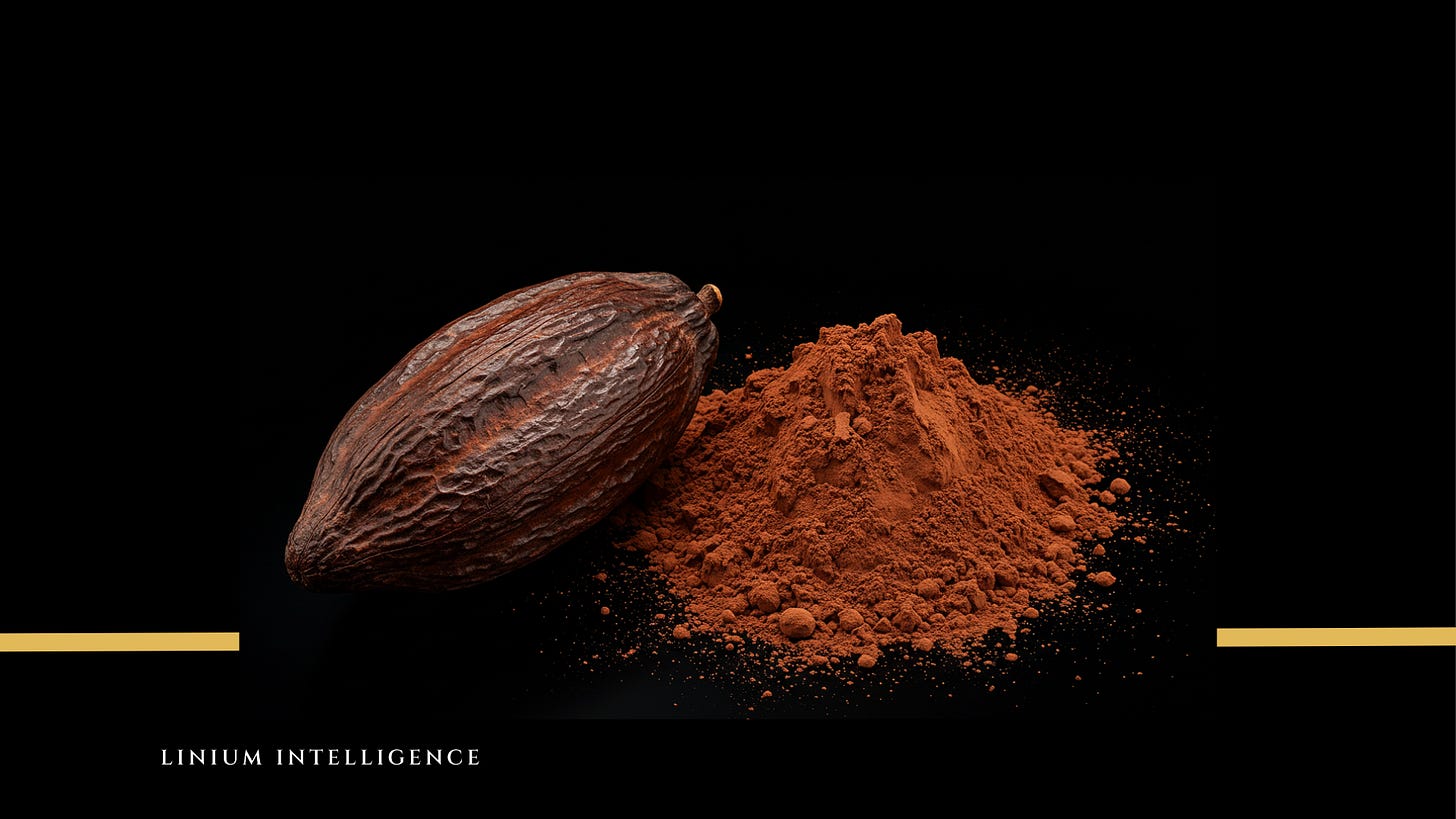DaVinci Gourmet Pioneers Transition To 100% Rainforest Alliance Certified Cocoa Across Product Range
DaVinci Gourmet, a beverage solutions provider within the Kerry Group portfolio, has announced a landmark transition to sourcing 100% Rainforest Alliance Certified cocoa for its entire range of sauces, syrups, and powders. This strategic move positions DaVinci Gourmet as the first global food service beverage brand to commit fully to sustainable cocoa sourcing across all their products.
To champion this initiative, DaVinci Gourmet is rolling out its "Conscious Chocolate Campaign," offering the first 200 participating food service operators sustainable chocolate kits. These kits are designed to facilitate the adoption of ethically sourced products and include café-ready promotional materials, underscoring the brand's dedication to transparency and responsible practices in its cocoa supply chain.
The decision is strongly supported by evolving consumer preferences. A recent study conducted by Kerry revealed that a significant 83% of consumers would opt for a beverage crafted with Rainforest Alliance Certified cocoa over uncertified alternatives. Furthermore, consumers demonstrate a willingness to pay a premium of up to 20% for drinks made with sustainably sourced ingredients. This trend signals a clear market opportunity for the food service industry to align with burgeoning consumer values and champion sustainability.
Currently, while Rainforest Alliance Certified cocoa is increasingly common in retail chocolate bars, its presence in chocolate-based beverages served in cafes and restaurants remains limited. Eloise Dubuisson, General Manager, Food Service Brands, Kerry Asia Pacific, Middle East & Africa, emphasized DaVinci Gourmet's leadership, stating, "Sustainability should be the standard. What's more, whilst we use sustainable cocoa, we don't pass on any extra cost to our customers." This commitment to cost neutrality for partners is a critical enabler for widespread adoption.
The initiative also addresses pressing concerns within the global cocoa supply chain. Reports from organizations such as the World Cocoa Foundation and the International Labour Organisation continue to highlight issues with supply chain practices in major cocoa-producing nations, particularly Côte d'Ivoire and Ghana, which collectively account for over 60% of the world's cocoa production. Rainforest Alliance certification ensures cocoa is procured from farms adhering to stringent criteria for environmental conservation, responsible labor practices, and economic sustainability, promoting forest protection and enhancing farmer livelihoods.
Broader Industry-Wide Movement Towards Sustainability And Future Prospects
DaVinci Gourmet's proactive stance on sustainable cocoa sourcing is part of a broader, industry-wide shift by major players in the confectionery and food and beverage sectors, driven by evolving consumer expectations, regulatory pressures, and a desire for greater supply chain resilience.
For example, Nestlé and Barry Callebaut are forging a significant, long-term partnership in Brazil focused on securing sustainable cocoa. Their joint initiative involves a 5-year plan to plant 7.7 million trees across 6,215 hectares of cocoa agroforestry, as part of a larger 25-year framework. This collaboration aims to revitalize Brazil's cocoa sector by empowering new farmers and helping existing ones expand sustainably, leveraging land, technology, and financial support, with Barry Callebaut's expertise in seedling production being central to this effort. This demonstrates a deep commitment to addressing climate risks, securing supply chains, and meeting net-zero targets. A notable product innovation showcasing this commitment is the KitKat Dark Borneo, launched last year in Southeast Asia, including in Malaysia and Singapore. This single-origin chocolate is made with 100% responsibly sourced cocoa beans from Sarawak and Sabah, demonstrating Nestlé's commitment to local sourcing and sustainable practices within specific regions.
Beyond cocoa, Mondelez International is also making substantial investments in sustainable operations and packaging. The company recently opened its largest in-house automated warehouse globally, the 47,000m² Truganina National Distribution Centre in Melbourne, Australia (News Piece 4). This $130 million commitment consolidates four sites into one, enhancing supply chain resilience and improving speed to market. Critically, the centre supports Mondelez's sustainability goals through its use of 100% renewable electricity, 1MW of solar power generation, and the annual removal of 2,700 trucks from roads due to optimized logistics.
Beyond direct sourcing, Mondelez is also actively reshaping its approach to packaging. Their dedication to sustainability earned them a Bronze award at The Environmental Packaging Awards, recognizing their innovative shift of Cadbury sharing bars to 80% certified recycled plastic packaging which will see roughly 300 million Cadbury sharing bars wrapped in more sustainable material annually, diverting about 600 tonnes of post-consumer plastic from waste streams each year.

